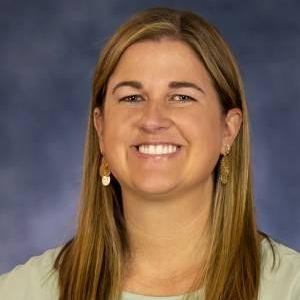Title : Lessons from the holocaust: Ethics in nursing education
Abstract:
Nurses are often the first to identify ethical dilemmas while acting as patient advocates. Integrating history into undergraduate nursing education in the context of World War II is an educational activity that prepares graduate nurses to recognize moral evolution. The atrocities of the Holocaust carried out by nurses exemplify the consequences of failing to advocate for vulnerable populations. As time passes, nursing students have an increasingly limited comprehension of the events of the war and contemporary implications. Incorporating Holocaust education in nursing school promotes ethical responsibility and nurtures empathy, compassion, and a commitment to social justice. By exploring past ethical dilemmas nursing students are better prepared to navigate the complex challenges they will face as advocates in their practice. Understanding events that have shaped professional identity though disciplinary history increases ethical awareness. Reflecting on the historical experiences of healthcare professionals in the Holocaust illustrates the moral responsibility of nurses to advocate for human rights and the equitable treatment of all individuals. Firsthand accounts of Jewish and German physicians and nurses grant insight into the moral predicaments faced by healthcare providers while narratives of victims offer profound insight into suffering and resilience. Integrating Holocaust education into nursing education promotes ethical responsibility and nurtures empathy, compassion, and a commitment to social justice. The impact on students is the prioritization of ethics and the application of these principles in professional practice, particularly when confronting complex and sensitive situations. By exploring these ethical dilemmas, nursing students are better prepared to navigate the complex challenges they will face as advocates in their practice. January 27, 2025 marks the 80th anniversary of the liberation of Auschwitz. Moving into the future, implementing Holocaust history plays a necessary role in the pedagogy of nursing. Educators have an immense opportunity to assist students in developing advocacy through critical analysis and reflection of historical events. Educational activities surrounding ethical issues and moral challenges encourage nurses to coordinate care with the interdisciplinary team and address systemic inequalities. With a more profound sense of advocacy, the next generation of registered nurses will be better prepared to provide comprehensive, patient-centered care.



